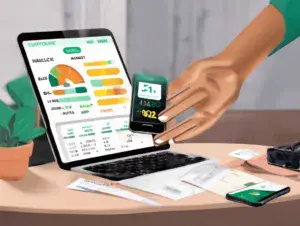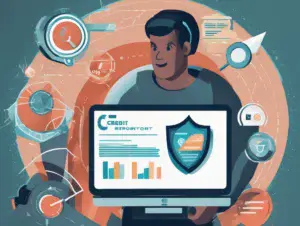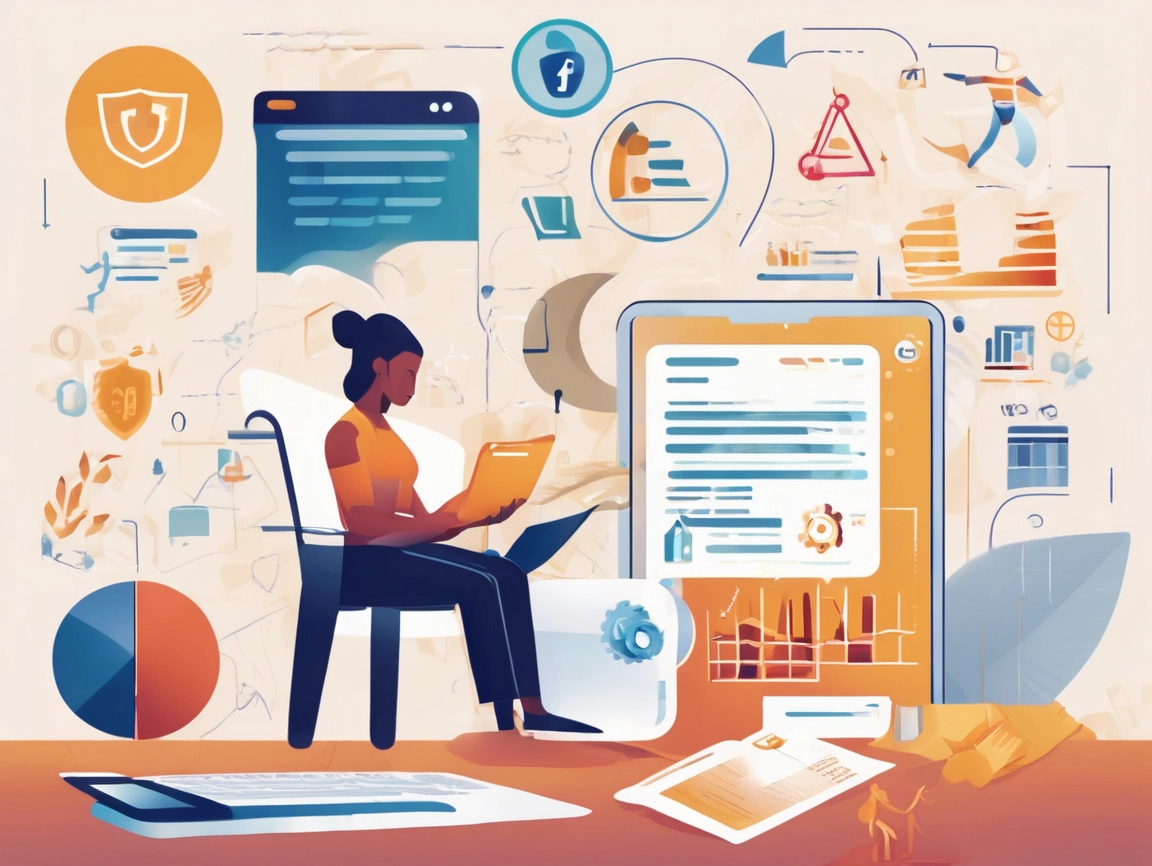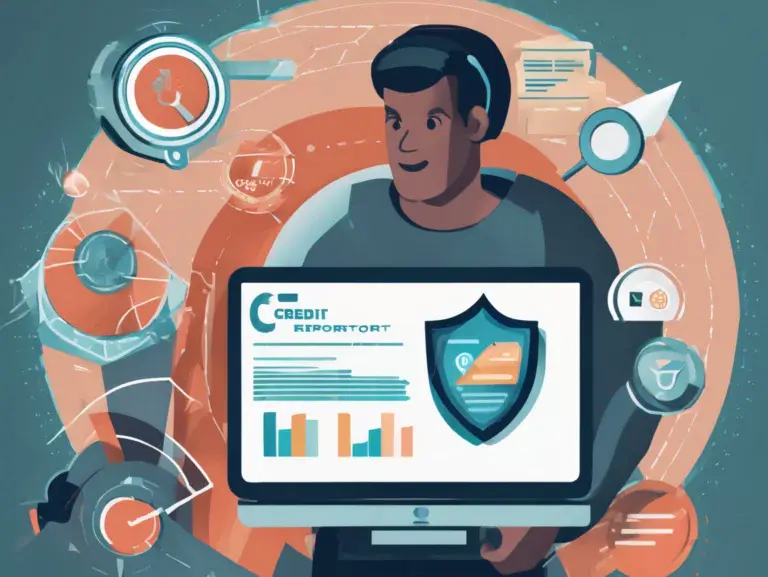2025 is proving to be a year of significant shifts in the world of personal credit. From how credit is scored to new regulatory protections, these changes could impact everything from your credit score to your ability to access loans. HereŌĆÖs a breakdown of the latest updates and how they affect consumers, along with tips to stay ahead.
1. Medical Debt Removal from Credit Reports
Big news from the Consumer Financial Protection Bureau (CFPB): as of March 17, 2025, medical debts will no longer appear on credit reports. With an estimated $49 billion in medical bills being removed, millions of Americans could see their credit scores improve by an average of 20 points.
This move aims to address the inaccuracies and unfair burden medical debt placed on borrowers, as medical expenses are often unexpected and not within a consumerŌĆÖs control. Lenders are also now barred from using medical information in their decision-makingŌĆöa major win for privacy advocates.
How It Affects You:
- If youŌĆÖve struggled with medical bills in the past, this change could give you a credit score boost.
- However, you still need to pay these bills even if they donŌĆÖt harm your credit score anymore. Unpaid bills could still lead to collections, just not via the credit reporting system.
Tip: Check your credit report after March 17 to ensure medical debt has been removed, and make sure you’re keeping up with your medical payments to avoid legal complications.
2. AI-Driven Credit Scoring Models Are Here
Credit scoring is getting a futuristic makeover with the rollout of AI-powered credit models. These systems go beyond traditional techniques, now incorporating alternative data like rent payments, utility bills, and even spending habits. AI allows lenders to better assess your creditworthiness, even if you donŌĆÖt have a robust credit history.
HereŌĆÖs whatŌĆÖs new:
- Scoring models now include non-traditional data points, which could benefit consumers who have limited or no credit history.
- Alternative scoring may generate different scores depending on the type of loan. For example, your auto loan score may differ from your credit card score.
- Some lenders are transitioning from using reports from all three major bureaus (Experian, Equifax, and TransUnion) to just two (bi-merge reports).
How It Affects You:
This is good news if youŌĆÖve been paying rent or utilities on time but donŌĆÖt have other credit accounts. You may see your score rise under these new models.
Tip: Consider using services like Experian Boost, which allows you to add utility and rent payments to your credit history. Regularly monitor your scores from different bureaus to understand how youŌĆÖre being evaluated.
3. The Impact of Inflation and Stagnant Interest Rates
While credit scoring evolves, economic factors like inflation and interest rates remain key concerns for consumers. Inflation has been on the rise, driving up the cost of living. Combined with stagnant interest ratesŌĆömeaning no relief on the high rates attached to variable credit products like credit cardsŌĆöpaying down debt has become even more challenging in 2025.
Credit card debt specifically has hit $1.2 trillion, with interest rates hovering around 23%, making it harder than ever for borrowers to make a dent in their balances.
How It Affects You:
- Higher inflation means fewer available dollars to pay down debt.
- With interest rates stuck or potentially rising, your credit card balances could grow faster if not managed aggressively.
Tip: If youŌĆÖre carrying high-interest credit card debt, consider a balance transfer card with a 0% introductory rate or a consolidation loan to lock in lower, fixed rates. Setting a strict budget to combat inflation is also critical.
What You Can Do in This New Landscape
With the changes and challenges in 2025, here are a few actionable steps to take control of your credit:
- Monitor Your Credit:┬ĀWith medical debt being removed and AI-driven scoring models in place, it’s essential to regularly check your credit reports for updates and errors.
- Leverage Alternative Data:┬ĀMake sure your rent and utility payments are being reported. Sign up for platforms that can help include this data in your credit history.
- Prioritize Debt Payments:┬ĀFocus on tackling high-interest debt first, whether through debt stacking or snowballing methods.
- Build a Rainy Day Fund:┬ĀInflation continues to strain budgets, so having savings accessible will help you avoid relying on high-interest credit in an emergency.
The Bottom Line
Personal credit in 2025 is undergoing significant changes, bringing both challenges and opportunities. The removal of medical debt from credit reports, the integration of AI into credit scoring, and the economic pressures of inflation and stable interest rates mean consumers must stay informed and proactive. By understanding these developments and taking strategic steps, you can not only protect your credit but also set yourself up for long-term financial success.








